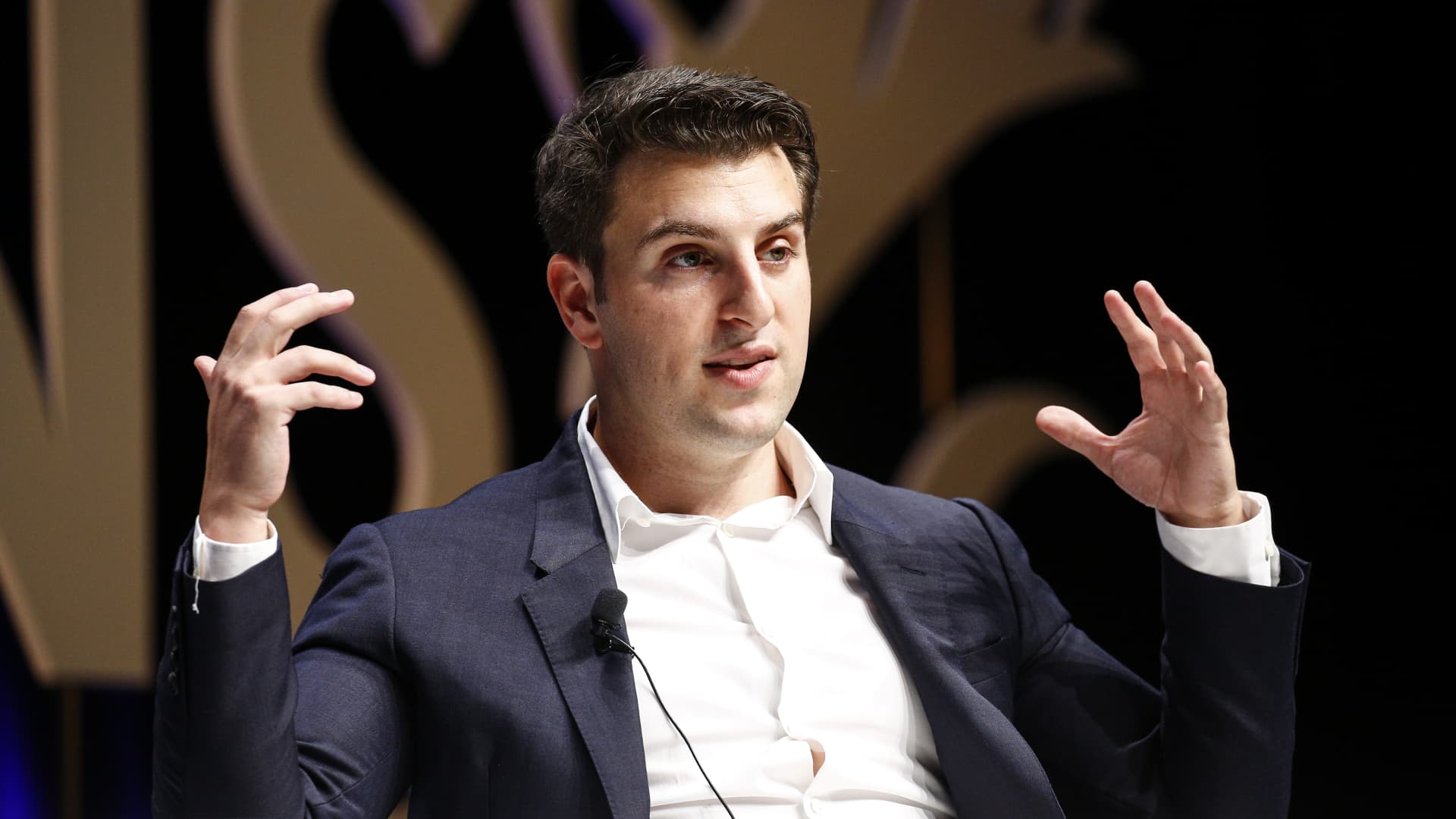Airbnb announced a global ban on parties on Tuesday. It follows a temporary restriction the company put in place two years ago.
The company is permanently banning “disruptive parties and events,” which include open-invite gatherings. “Party houses,” which people book to throw a large event for just one night, will stay banned as well.
Airbnb and other short-term rental platforms, such as Vrbo, have struggled with party houses and large-scale events.
Airbnb placed a ban on party houses and rolled out several safety features in 2019 after five people were killed in a shooting at one of its bookings. In 2020, the company instituted a global ban on all parties as the pandemic hit.
Airbnb said that since it implemented its policy in August 2020, it has seen a 44% year-over-year drop in the rate of party reports. “The temporary ban has proved effective, and today we are officially codifying the ban as our policy,” the company said in a blog post.
But due to the way these companies operate, they can’t always stop parties from taking place. Guests can sometimes check in to remote properties themselves while the owner is away and can invite as many people over as they want.
Airbnb said that guests who attempt to violate its rules will face consequences varying from account suspension to full removal from the platform. In 2021, for example, more than 6,600 guests were suspended from Airbnb for violating its party ban.
